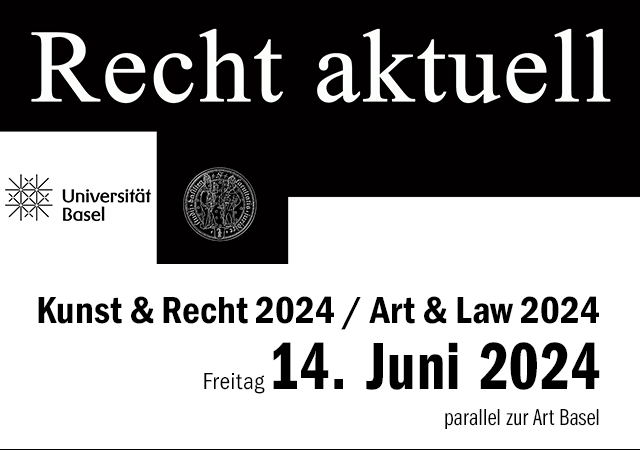- Volume 25 (2023)
- Vol. 25 (2023)
- >
- Issue 5-6
- No. 5-6
- >
- Pages 152 - 157
- pp. 152 - 157
U.S. Court Rejects Turkey’s Claim to 6000-year-old Stargazer Idol
DOI https://doi.org/10.15542/KUR/2023/5-6/4
Basing its claim on a 1906 Ottoman Decree, Turkey initiated and lost a replevin
lawsuit in the U.S. District Court for the Southern District of New York against
Christie’s and antiquities collector Michael Steinhardt to gain possession of an
ancient object, an Anatolian Marble Female Idol of Kiliya-type, believed to date from
the middle or late 5th millennium B.C.E. The Idol is sometimes called a Stargazer due
to the upturned position of its head and eyes. Deciding the case under New York law,
the trial court accepted the 1906 Ottoman Decree as a valid national patrimony law
that gives Turkey ownership of objects acquired within the borders of modern-day
Turkey after 1906; however, it held that Turkey had not submitted sufficient
probative evidence to establish these requisites. Turkey lacked direct evidence of
excavation or export, such as photographs and eyewitness testimony, as one sees in
other cases, and had relied on circumstantial evidence from its expert witness and
others. The court further allowed Steinhardt’s laches defense, holding that Turkey
had known the whereabouts of the Idol, and delayed for decades in making claim and
filing suit causing prejudice to collector Steinhardt who bought the artifact after a
diligent check for potential claimants and was further prejudiced by the death of
witnesses and loss of documents.
Christie’s and Steinhardt did not appeal the holding that the 1906 Ottoman Decree is
a valid and enforceable patrimony law. In response to Turkey’s appeal the U.S. Court
of Appeals for the Second Circuit, upheld the lower court’s decision awarding
possession solely on the grounds of laches, confirming the district judge’s
conclusion that Turkey had delayed unreasonably causing harm to Steinhardt.
Accompanying this clear-cut ruling, the Court of Appeals criticized Judge Nathan’s
decision on ownership saying, in an opinion penned by the late Circuit Judge Rosemary
Pooler on behalf of the panel, that she had imposed too stringent a burden on Turkey
to establish its ownership of the Idol. In a separate opinion, Circuit Judge Raymond
Lohier commented that Judge Pooler’s panel opinion discussion of New York’s
complicated law concerning the manner of proving ownership was dicta and did not
establish the law of New York. Neither party sought to pursue the case to the U.S.
Supreme Court.

